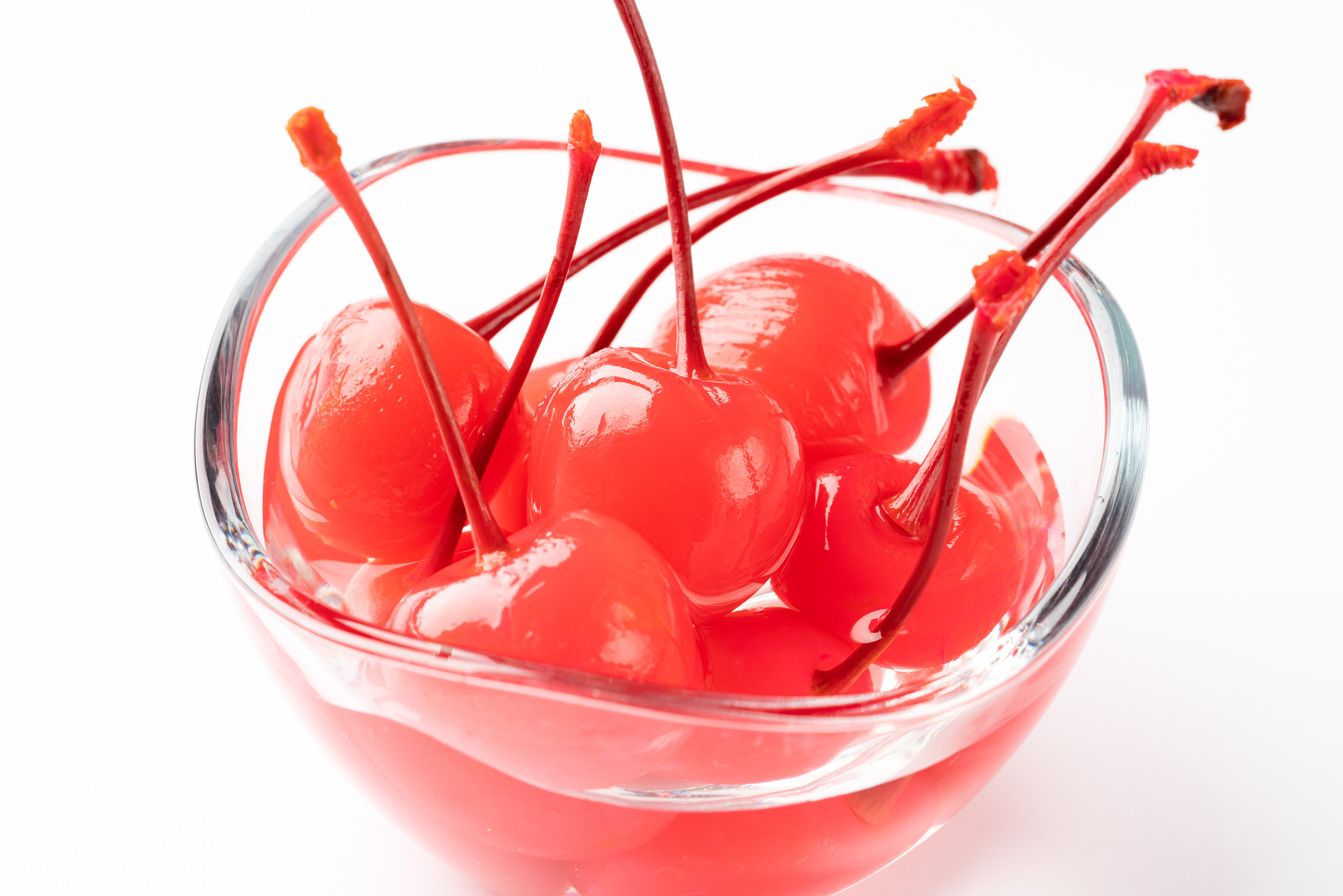From opting for clean energy to supporting climate activist groups, there are so many ways you can help the world become a more sustainable place. But if you don’t really know where to begin, the kitchen is a good place to start introducing more eco-friendly practices in your life. Having that in mind, here are 8 simple ways to help the environment from within the kitchen.
Sign up for a CSA program: Community-supported agriculture (CSA) connects you directly with nearby farmers, which not only gives you access to the best local products but also reduces the carbon footprint involved with transporting your food. There are usually long waitlists ahead of each season, so make sure you sign up as soon as possible.
Start composting: When you compost, your food waste becomes a natural fertilizer rather than trash, thus helping reduce emissions. Get a bin that is separate from the rest of your trash and toss your organic scraps in there. Eggshells, coffee grounds, discarded parts of fruits and vegetables, and tea bags are just a few of the organic materials you can toss in your compost bin. If you can’t utilize your own compost, bring it to a local drop-off site. Google “composting drop-off near [enter your city]” to find the closest one to you.
Say no to disposable utensils: The next time you order takeout or delivery, make sure to ask restaurants to hold the plastics utensils that typically come with your meal. Go a step further and invest in a nice set of utensils that you can leave at work or carry in your bag, allowing you to permanently stay away from single-use plastic.
Invest in biodegrade trash bags: It may not always be possible to recycle or compost your waste, but it is possible to line your trash can with biodegradable bags. This is a simple way to cut more single-use plastic out of your life.
Consider switching to a French press coffee: Certain brewing methods are inherently less eco-friendly than others. Take coffee filters, for example: Using a new one for each batch is wasteful, but opting for a reusable one isn’t as green of a choice as using a French press, which requires absolutely no filters or plastic.
Use discarded citrus peels to make an all-purpose cleaner: This tip is a classic case of two birds, one stone. Not only mitigate food waste by doing this, but you also get a more natural cleaning product. To make an all-purpose cleaner with citrus peels, check out this simple step-by-step guide, or check out this recommendation from Good Housekeeping, which makes creative use of rosemary sprigs.
Choose greener kitchen gadgets and tools: You can buy eco-friendly sponges made entirely of recycled materials. You can get cutting boards made of bamboo rather than plastic or wood. You can clean off your pans with plant-based cleaning brushes. The point is there are plenty of green alternatives to the everyday kitchen gadgets and tools we use. Before you buy anything else for your kitchen, do your research and try to find the greenest options available.
Bring your own reusable tote to the market: If you aren’t already doing this, swap those plastic or paper grocery bags for a reusable tote. This is one of the easiest ways to reduce plastic waste.












